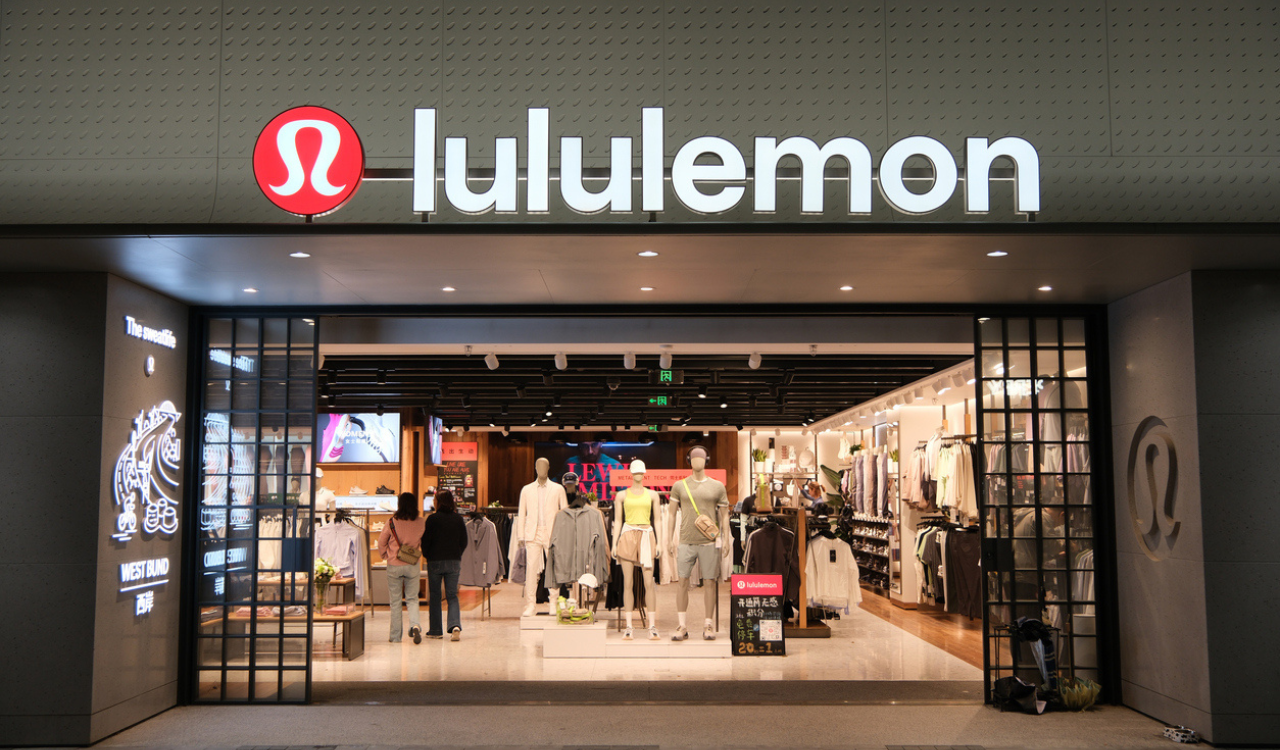We’re in for an Ulta Beauty regime change. Kecia Steelman picks up where Dave Kimbell left off as new CEO. In a nothing-if-not utterly efficient and forward-thinking move, Ulta Beauty wasted zero time in seamlessly updating the “Investors” section of its website to reflect the seismic shift that kicked off 2025: outgoing CEO Dave Kimbell would be replaced by incoming president and CEO Kecia Steelman. Yes, Steelman had already logged a decade at the publicly traded beauty retail behemoth, all but ensuring a smooth handover, but Kimbell’s stellar track record will no doubt cast a long shadow.
While coming off a recent mega-hit – a multi-branded collection themed around box office smash Wicked – as well as a better-than-expected holiday season, Steelman will face several early challenges in her first year in her new job.
Kimball Hit It Out of the Park
While the highlight reel of Kimbell’s achievements throughout his 11-year tenure is extensive, this factoid especially stands out: in a highly competitive market, in which the beauty consumer has no shortage of both physical and digital venues to shop, Ulta grew to more than $11 billion in annual revenue and delivered double-digit growth in diluted earnings per share. This beat the goal the company set for itself in 2021 – to reach $10 billion by 2024 – by a hefty margin.
How did Ulta Beauty, the largest beauty retailer in America, pull this off on Kimbell’s watch? By carefully architecting a truly distinctive value proposition. With nearly 1400 stores across the U.S., a unique high/low assortment of prestige and mass products, a huge selection of hair and skincare devices and in-store salons offering services ranging from blowouts and facials to lash extensions and ear piercings, Ulta truly does, as it says in its own words, offer “all things beauty, all in one place.”
Disruption Was the Goal from Day One
At his last “Investor Day” presentation this past October, Kimbell and his team rightfully patted themselves on the back for being way ahead of the curve on multiple fronts, including inclusivity and a member loyalty program that’s second to none.
Claiming it got the ball rolling on “beauty for all” way back in 1990, Ulta’s inclusivity push obviously began long before Kimbell arrived in 2014. But during his tenure, Kimbell’s team not only continued to center a diverse clientele encompassing Hispanic, Black and Asian customers, but it also amped-up its roster of Black-owned brands. After committing to the 15 Percent Pledge, it more than doubled its lineup from 2021 to 2022, jumping from 13 to 28 black-owned brands.
And as for loyalty members, how does 44 million sound? That’s a lot of eyeballs on Ulta’s 25,000 products, spread out over more than 600 brands, 300+ of which fall under the retailer’s “Conscious Beauty” banner. Although “clean” has lost its luster, and there’s far less traction around brands that are sustainable, cruelty-free and crafted with fewer egregious ingredients than there was a few years ago, Ulta remains committed to that cause.
Throwing a Spotlight on the Associates
Like every super-successful retail honcho, Kimbell knew a massive chunk of Ulta’s bottom line was, and is, driven by its sales associates. Yes, getting the product assortment right is key – and increasingly tricky in these trend-a-second, TikTok-driven times. Deciding where to plant the flag, location wise, has also been challenging for Ulta, particularly with Sephora and Bluemercury nipping at its heels. The LVMH-owned Sephora has 574 American stores, and Bluemercury, which was acquired by Macy’s, Inc., in 2015, is up to roughly 180 here in the States.
While fending off the competition, Kimbell successfully nurtured his 50,000+ bench of associates. And in the January press release announcing his departure, he drew focus to these well-trained individuals. In addition to praising Steelman as a “strategic leader with a proven record of driving operational excellence,” Kimbell nodded to his gratitude for the motivated workers on the front lines. “Serving as CEO of Ulta Beauty has been the highlight of my career, and I am proud to have led and worked alongside so many associates who are passionate about delivering great experiences for our guests,” he said.
Steelman’s Steady Management Climb
Yes, Steelman has big shoes to fill, but she’s more than up to the challenge. Hailing from a background that included stints at Family Dollar, Home Depot and Target, Steelman joined Ulta in 2014 as SVP of store operations and ascended to chief store operations officer just a year later. By 2023, Steelman was promoted to president and COO, tasked with managing corporate strategy, operations and supply chain.
Without question, the biggest feather in Steelman’s cap – so far, at least – is the partnership deal she brokered with Target in 2022. Through 500 Ulta shops-in-shop, Steelman is responsible for introducing trendy, coveted brands to Target, including Ouai haircare, Fenty Beauty and the Gen Z-beloved The Ordinary.
Clouds Looming on Steelman’s Horizon
While coming off a recent mega-hit – a multi-branded collection themed around box office smash Wicked – as well as a better-than-expected holiday season, Steelman will face several early challenges in her first year in her new job.
For starters, a certain digital behemoth (cough, cough…Amazon) is gaining traction in prestige, the healthier of the two core product sectors in beauty. Is there any comparison between the all-senses, “discovery” vibe of shopping at Ulta for luxury beauty and the blah, click-and-add-to-cart Amazon experience? Absolutely not. But you can’t underestimate how much convenience can play into a shopper’s mindset, even for goodies like premium skincare, fragrance and makeup.
Another big issue for Steelman, as well as everyone else in the business of selling beauty, is that the category as a whole is not expected to post the gains it’s seen in the last few years. Yes, mass beauty is doing worse than prestige. But, per Ulta’s own research, neither category is predicted to achieve growth of more than low-to-mid single digits between now and 2027. Compared to 2022, which saw gains of more than 12 percent, slow growth has to sting, even if it’s an industry-wide problem.
Maybe it’s time for Steelman and company to look beyond U.S. borders. Yes, Ulta Beauty has a distinctly American feel, but that doesn’t mean its core raison d’être – All Things Beauty, All in One Place – isn’t exportable. True beauty lovers can never get enough, and take it from me, to ease into an Ulta chair for a DermaRadiance Facial right after splashing out on Peach & Lily Glass Skin Refining Serum or The Ordinary Hyaluronic Acid 2% + B5 Hydrating Serum with Ceramides sounds like a perfect way to spend an afternoon.




